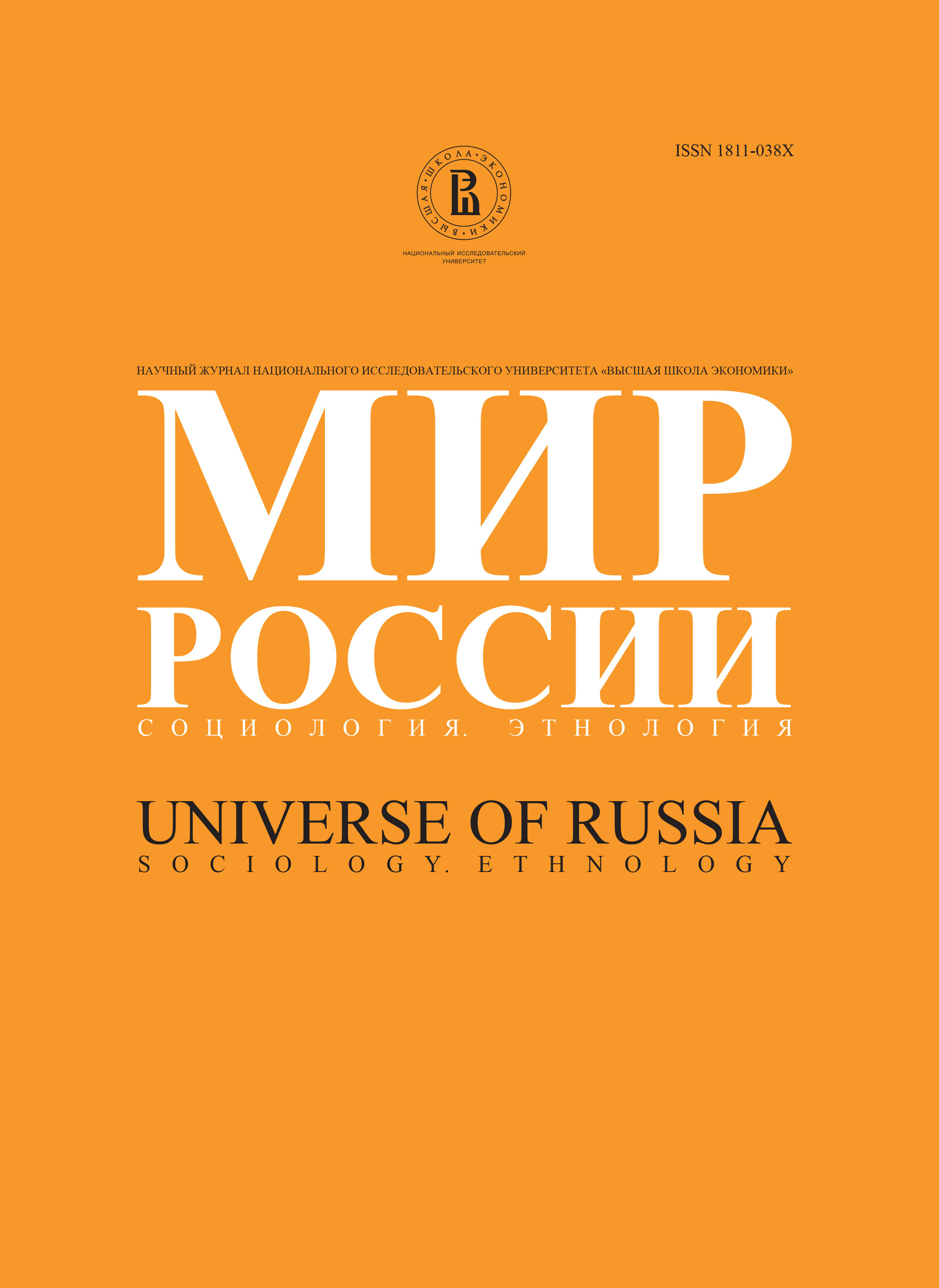RUSSIAN FEDERATION: POLITICAL PROBLEMS IN THE LIGHT OF INTERNATIONAL EXPERIENCE
Abstract
The central problem of this article - Russian federalism - was discussed for a long time by politologists, historians and specialists in public law. During the last years the scientists concentrated their attention on the state and future of multinational Soviet Union and Russian Federation, international and interethnic relations, political and juridical aspects of the problem. Today it is evident that difficult problem of federalism must be analysed in terms of different sciences in framework of the interdisciplinary approach and in a broad comparative perspective. The adoption of a multidisciplinary analysis and approach is of utmost importance in the current context of russian federalism, in particular the interaction between legal reform and socio-political reform processes. That is why three main parts of the article are devoted to different aspects and implications of russian federal system in creation.The first part is devoted to theoretical questions and historical outlook of the Russian federalism from the initial stage of its formation at the beginning of XX century to actual political trends in post-soviet Russian state. The crucial phase in this evolution was the political discussion from the period of creation of Soviet state. The process of creation of the multinational Soviet state characterised by the struggle between centre and national periphery ended in a rude oppression of nationalist opposition and centralisation of all power in a totalitarian government. Another side of this process was the idealistic intention to decentralise economic resources and industrial process for the development of the backward regions of the multinational state in order to create social and political support for the communist regime. That was the main difference between Soviet empire and another colonial states of the epoch which intended to concentrate all resources in metropolis. The main social consequence of such a politics in national regions was the creation of autonomous economic basis for future decentralisation and independence of the regional ethnopolitical elites through the process of destabilisation of the Union.
The second part of the article is dedicated to the general evolution of the concept of federalism in international law (principles of European Community) and in national law - constitutional legislation of Germany, France, Great Britain, Canada, USA, India and other countries. This comparative approach is very informative for reconstruction of the real social context of federalism, classification of different meanings of this term and typological analysis of the Russian federalism in comparative perspective. From this point of view many conflicts in modern russian federal system can be interpreted in comparison and contrast with other models of constitutional government, federalism and sovereignty. The main conclusion of this part of the article consists in adoption of variety of federation models and impossibility to prescribe a general method of struggle against separatist movements for all countries. From the other side, the specificity of the russian case consist in rapid transition from totalitarian unification to uncontrolled sovereignty and as a result - to unstable political system with great asymmetry of federal subjects. The initial stages of introducing federal reform processes in Russia have focused on general constitutional principles (of federal contract) that should govern Russian society. At the same time it was evident, that a legal system cannot function without processes that ensure the application and coming into force of the established written rulers through their enactment, implementation and enforcement and appropriate institutions that guarantee a proper and efficient functioning of these processes in subjects of federation.
In the third part of the article authors present some of conclusions about constitutional reglamentations of federalism. Considerable interest has been shown in reconstruction of strategical principles of Russian federalism and their real implementation in post-Soviet Russia. The article calls attention to social and political difficulties in process of political stabilisation - the finding of the real consensus between central government and subjects of federation, from one side, and between different regional governments with unequal social and political status - from the other. In such a situation the main method of conflict regulation is not a constitution (which has formal and declarative character), but a flexible system of contracts and bilateral conversations between different regional centers of power, elites and political leaders. The acute problem of today is a constitutional reform and creation of a new federal legislation in order to clarify real structure of power, mechanism of separation of powers, reconstruction of local self-government administration and legal procedures of conflict decisions. But the scope and experience with federalisation process shows that legal reform cannot be confined exclusively to the drafting and enactment of legislation. Some general conditions are crucial for the success and effectiveness of federal reform efforts: that, in addition to legislative measures, the administrative and judicial reform mechanisms are sufficiently functioning to ensure that the newly introduced legislative changes are implemented and enforced; and enforcement of established rules in federal reform process.






